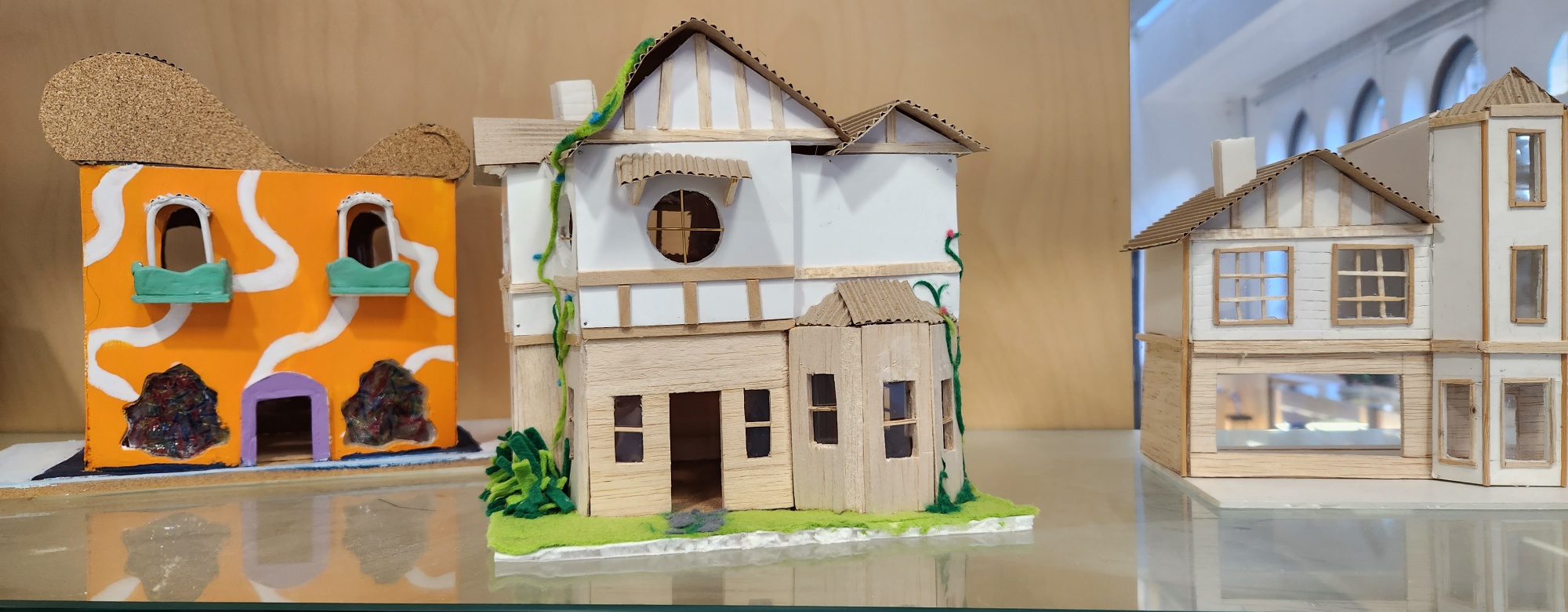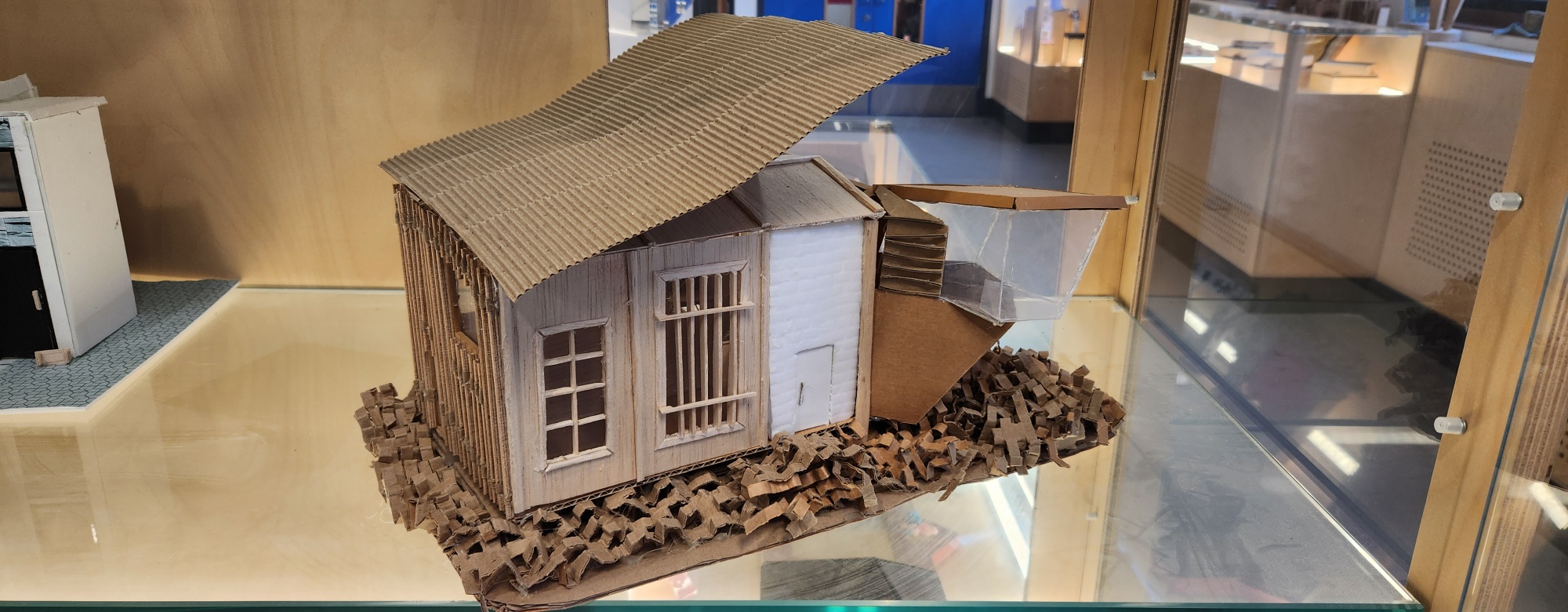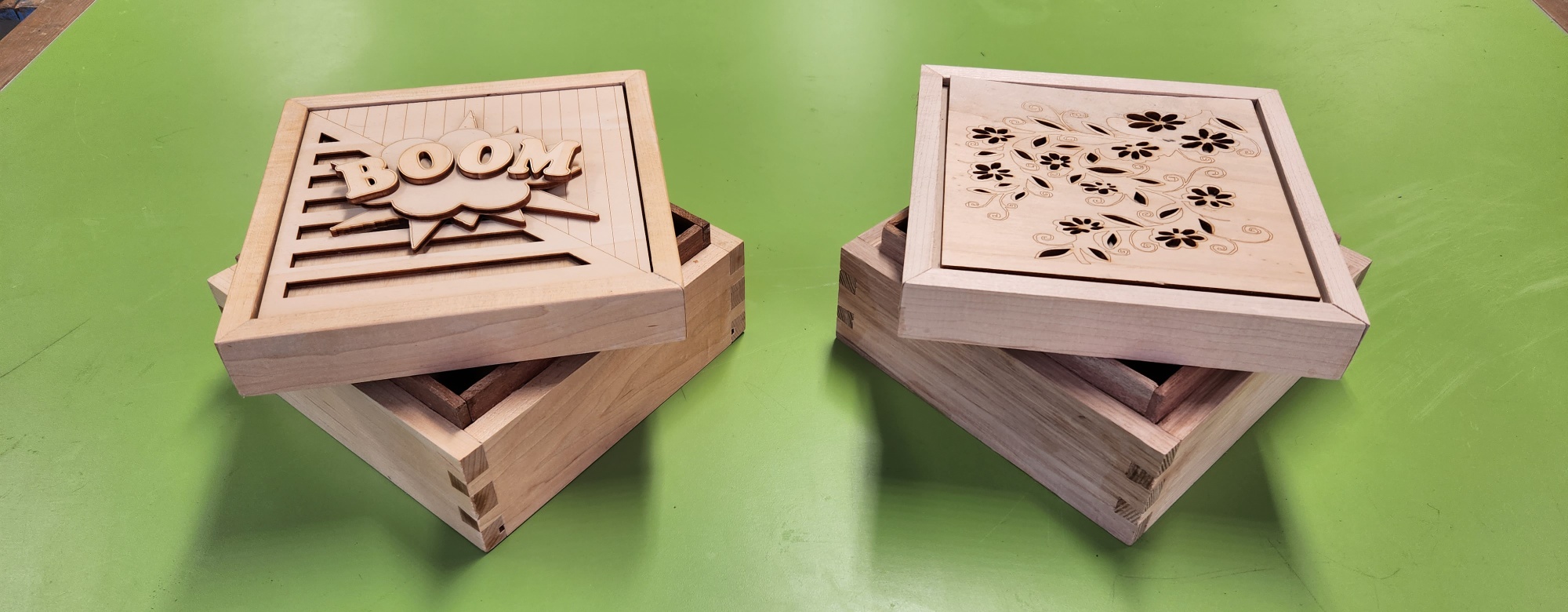Product Design
“Through design, we learn to see the world differently — to approach challenges with imagination, build solutions with care, and reflect the values of our school in things that we create.”
 |
 |
 |
What We Study, A-Level Design and Technology: Product Design
Design Technology at our school isn’t just another subject – it’s an opportunity to turn your ideas into reality. We’ve invested heavily in cutting-edge workshops and facilities, giving you access to the latest tools and technology. Unlike other schools, we encourage bold, ambitious projects and provide the support to make them happen. Our teachers bring real-world experience from diverse careers, meaning you’ll be guided by experts who know how to unlock creativity without limits. If you want to design, innovate, and create without boundaries, this is the place for you.
We welcome students who may not have taken Design Technology at GCSE, as long as they can demonstrate passion, creativity, and the drive to succeed. If you have an eye for design, problem-solving skills, or simply the determination to learn, we’ll support you in building the foundations needed to thrive in this subject.
In Design Technology, your learning is hands-on, personal, and driven by your own ideas. You’ll explore modern materials, advanced processes, and new technologies while also gaining an understanding of how design is influenced by culture, history, the environment, and economics. The course is built around the way professional designers work — testing, refining, and improving until the solution is right. Every project gives you the chance to develop real prototypes, solve meaningful problems, and showcase your creativity. By the end of the course, you’ll not only have impressive outcomes to be proud of, but also the skills and confidence to progress into higher education or exciting careers in design and innovation.
Beyond the Classroom
Product Design is an inspiring, rigorous and practical subject. This course encourages learners to use creativity and imagination when applying iterative design processes to develop and modify designs, and to design and make prototypes that solve real world problems, considering their own and others’ needs, wants, aspirations and values.
We are working with UAL (University of the Arts London) and the Worshipful Founders in the creation of lost wax bronze sculptures based on the theme of Lost Species which aims to highlight the, ever increasing, need to manage our urban and suburban environments.
We have also recently linked with Constellium, at Brunel University, and have had visits to their aluminium fabrication plant resulting in work placements for some of our year 12 students.
London is the centre of design in the UK and we have the Design Museum and Olympia Exhibition Space both a 20-minute walk away from our school. A plethora of other design institutions, museums, galleries and universities are on our doorstep and are often free to visit and provide limitless inspiration for our students.
Where it might lead
Studying Design Technology with us doesn’t just give you skills for the classroom – it opens doors to a wide range of exciting futures. Many of our students go on to university courses such as Product Design, Architecture, Engineering (mechanical, civil, electrical, or aerospace), Industrial or Interior Design, Fashion and Textiles, Graphic Communication, Robotics, Sustainable Design, or specialised areas like Automotive and Furniture Design. Others pursue degree apprenticeships, combining earning with learning in fields such as advanced manufacturing, construction, digital design, engineering, and project management.
Design Technology also equips you with highly transferable skills — creativity, problem-solving, critical thinking, and technical know-how — that are valued across many industries. Career opportunities span engineering, architecture, construction, product development, media, advertising, gaming, and digital design. Whether you're interested in designing sustainable products, shaping future cities, or innovating in creative industries, Design Technology provides a strong foundation for your ambitions.
As artificial intelligence and automation reshape the workforce, creative and design-focused careers are becoming more resilient. While AI can assist with tasks or generate ideas, it can’t replace human imagination, empathy, or the ability to design meaningful solutions. The ability to think differently, innovate, and create with purpose is uniquely human — and that makes Design Technology both future-proof and deeply relevant. You'll develop not just technical skills, but the creative mindset that tomorrow’s employers are looking for.
